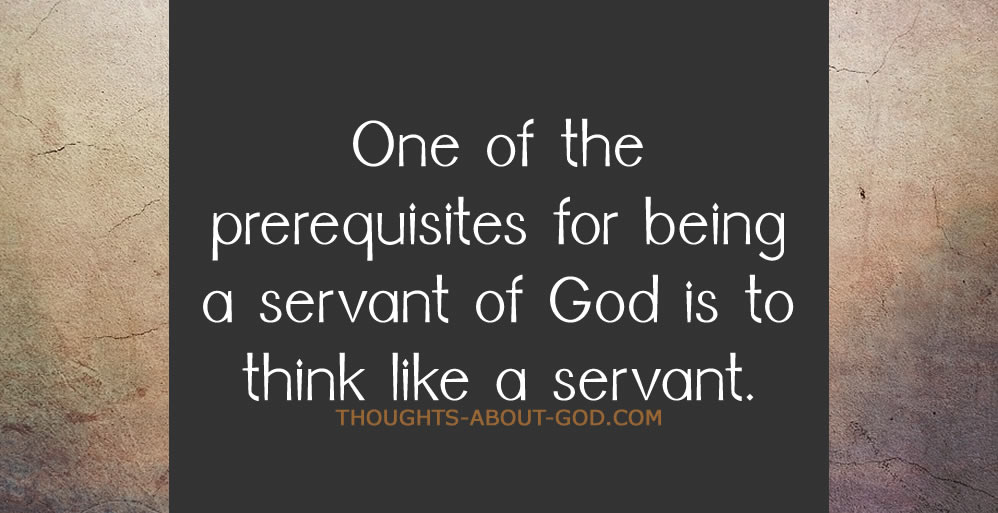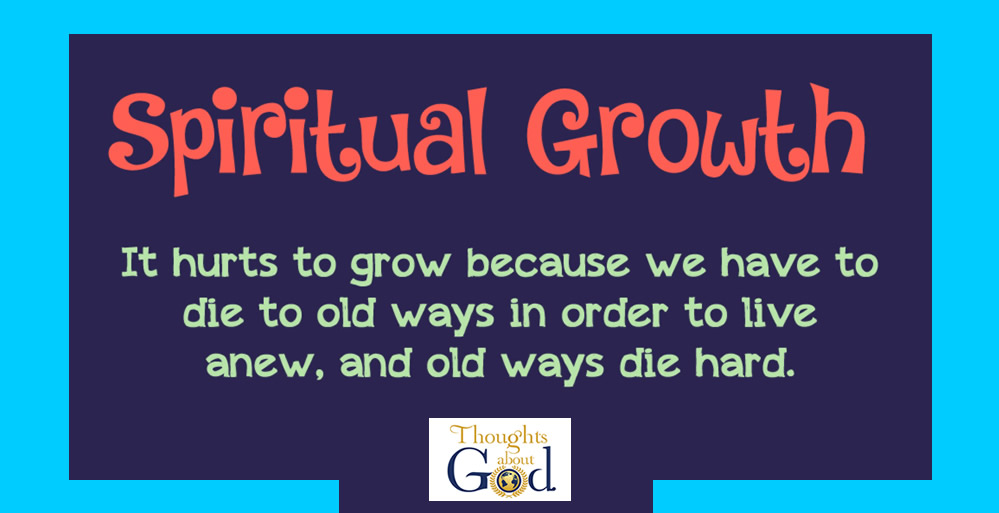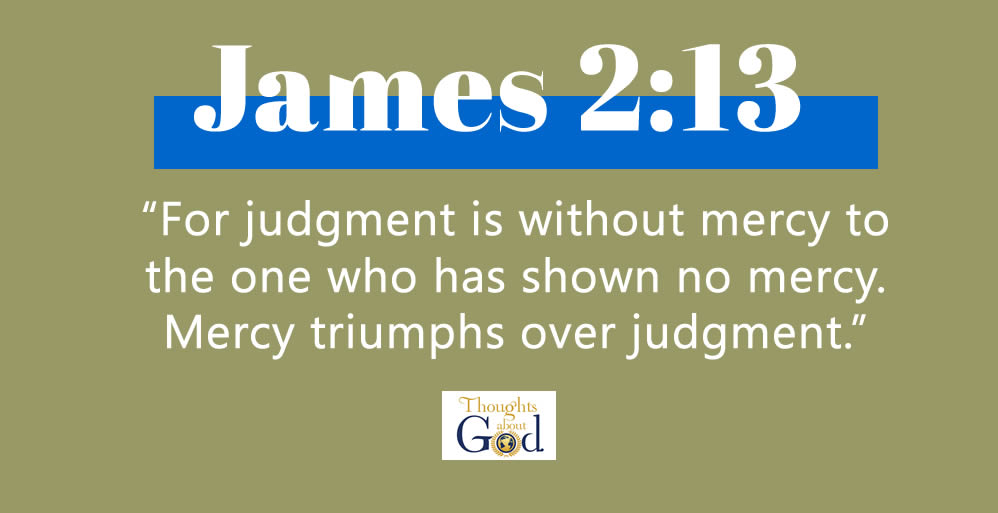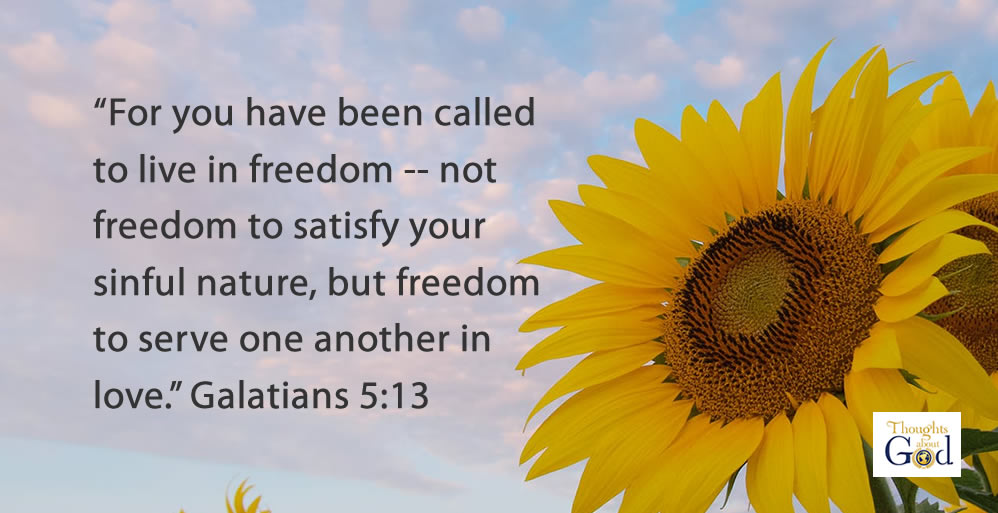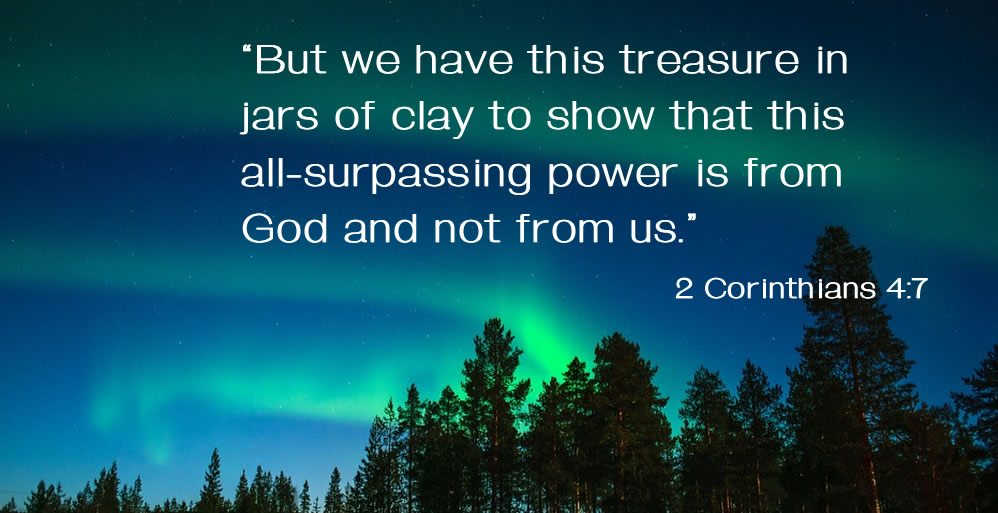Love your enemies
Pray for those who persecute you
If someone forces you to go one mile, go two
If someone takes your shirt, give him your coat, too
If someone slaps you on the right cheek, offer the other cheek also
Give to those who ask
Don’t turn away from those who want to borrow
Return good for evil
Do not judge others
Forgive those who sin against you
Get rid of the log in your own eye so you can help with the speck in another’s
Treat people the way you want to be treated
Don’t make any vows you can’t keep
Don’t worry about tomorrow
Show mercy if you want your heavenly Father to be merciful to you.
(Read Matthew 5)
You may be thinking, “What kind of poppycock is this?” This, my friend, is Jesus’ way. This is true Christianity. If you must measure yourself, measure yourself by these things.
I would dare to say these are the most ignored words by Christians in all of scripture, yet they are the basis for everything Jesus stands for. I have grown up in the church all my life and heard these things seriously talked about maybe a handful of times. Why is that? Because they run contrary to us all. Because no one can hold to these things unless they are born of God. Heck … no one can even want them unless they are born of God.
These are not suggestions. This is not Jesus trying to shock people so He can get their attention. (Jesus doesn’t really mean these things. Oh yes He does.)
Not only does He mean these things; this is rudimentary. This is the real thing. This is true Christianity. This is Following Jesus 101.
Instead, I’m used to: “What’s the Sermon on the Mount? That’s that weird part in the beginning of Matthew that no one seems to understand or pay much attention to.” Or if they do, they explain half of it away.
This is how you know if you are a true Christian.
This is how you know if the Holy Spirit has been born in you.
This is how you can check yourself – by these attitudes and actions.
If these attitudes are not yours, but you want them, keep following and asking the Lord to change you by His Holy Spirit.
If these attitudes are yours, and they are increasing, be glad!
If these attitudes are not the way you want to live, then it’s probably time to get off this train.
Notice how most, if not all, of these things are against human nature? That’s because you have to be born again to have them. You have to be born of God.
This is what you want to build into your life – these attitudes and these actions.
This is what you put on your refrigerator.
This is what you stick to your mirror.
This is what you ask God for.
And in case you missed it the first time, here it is again:
Love your enemies
Pray for those who persecute you
If someone forces you to go one mile, go two
If someone takes your shirt, give him your coat, too
If someone slaps you on the right cheek, offer the other cheek also
Give to those who ask
Don’t turn away from those who want to borrow
Return good for evil
Do not judge others
Forgive those who sin against you
Get rid of the log in your own eye so you can help with the speck in another’s
Treat people the way you want to be treated
Don’t make any vows you can’t keep
Don’t worry about tomorrow
Show mercy if you want your heavenly Father to be merciful to you
By John Fischer
Used by Permission
Further Reading
• The Way of Love – I Corinthians 13
SUBSCRIBE BY EMAIL: FOLLOW THIS LINK
Follow Us On: Facebook • Twitter • Instagram • Pinterest



